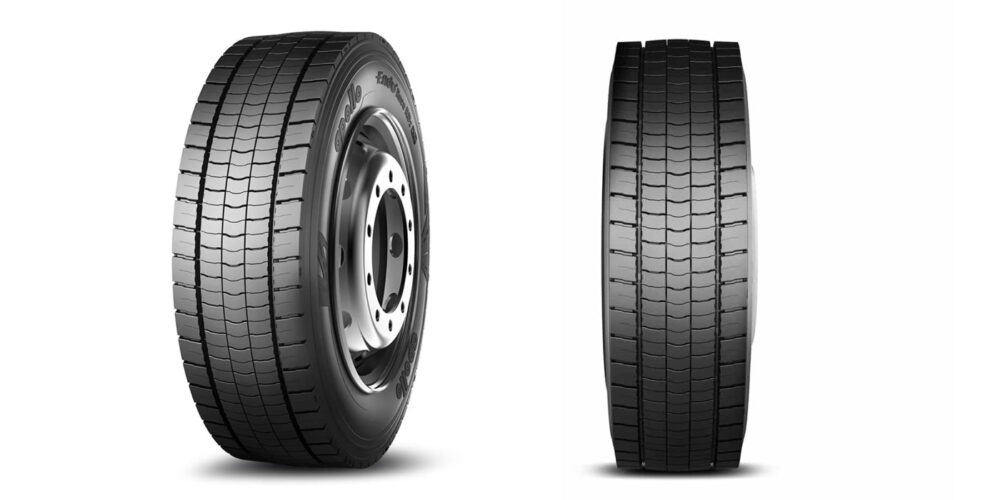Raw ultralow sulfur diesel fuels coming out of today’s modern refineries require various additives to bring them into specification. Although the details of each fuel spec vary in different parts of the world, the function of an additive is generally the same: to give the fuel a characteristic that it otherwise wouldn’t have right out of the refinery. Specific additive functions vary, from corrosion inhibitors to lubricity, cold flow, and cetane improvers, just to name a few. There are also a lot of choices in the marketplace for additives that are dosed into diesel at the end-user level.
Just like everything else, there are right ways and wrong ways to dose additives. Best practices typically include blending at similar temperatures using the right type of dosing system (i.e. injection of the additive while the fuel is flowing through a pipe to promote good blending). But what does this have to do with fuel filtration? As the filtration industry works to design fuel filters to meet the cleanliness specifications of the new injection system, filtration efficiencies are getting tighter and tighter. To guarantee the cleanliness in the harsh operating environments in which onboard fuel filters live, manufacturers are designing to beta ratios previously never required nor achieved. Unfortunately, this highly efficient filtration has some adverse effects and has caught a lot of the industry by surprise.
While aiming to achieve “clean enough” fuel in bulk and onboard filtration, filters sometimes start plugging with soft organic material, not hard particulate. While filters are designed in the laboratory to capture hard particulate, they aren’t particularly good at the soft stuff. Capacities are decreased significantly, in some instances filters plug more than 1,000 times faster.
So what now that these soft organics are showing up on filter media? Numerous papers have been published since sulfur was removed from fuel about 6 years ago highlighting injector deposit problems. It’s quite possible (but not proven) that these deposits are caused by exactly the same substance that is now plugging the filter. Why didn’t it plug before? Quite simply, fuel filters may not have been efficient enough to catch the problem. Injection systems could tolerate 6 micron and smaller particles, so filters weren’t designed to catch particulate much smaller. Now with the sensitivity of HPCR around 2-3 microns, the potential to filter out more “stuff” is there.
Of course, this leaves us with many more questions than it answers, which may be a bit frustrating. There are too many stakeholders in this discussion for one point of view to come in and solve it. Are the additives unstable? Under what conditions are they unstable? Have they always been that way or is this a new phenomenon caused by something else? Does the high efficiency of the filter media act as a catalyst for this to happen? What about the filter media itself? Do the properties of the fuel change downstream of the filter once these organics are captured? If they are all captured, will injector deposits disappear?
At this point we can only say that if you have issues with plugged bulk or onboard filters, work closely with your fuel, additive and filter suppliers to identify and solve the problem. As an industry, we’re publishing as much information as possible about these incidents and learning more about their cause and what might prevent them. Most importantly, remember that in all cases a plugged filter did its job by preventing unwanted material from passing downstream.
Deena Kasavelu is the sales manager, clean fuel and lube solutions, Donaldson Filtration Systems.













